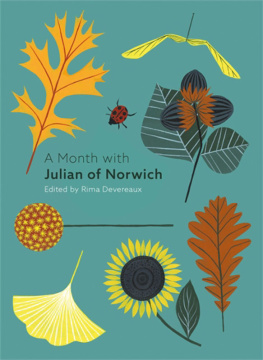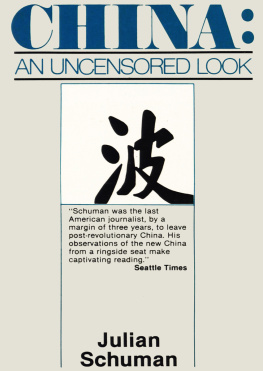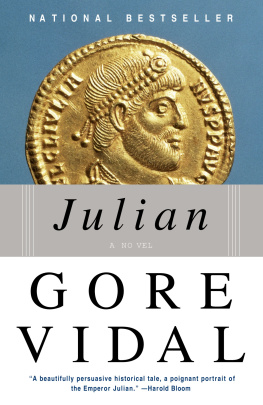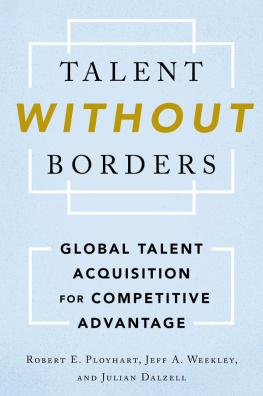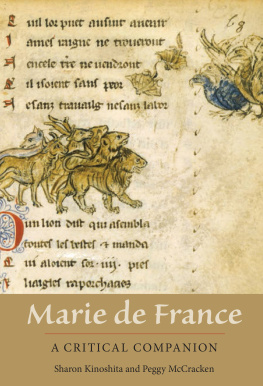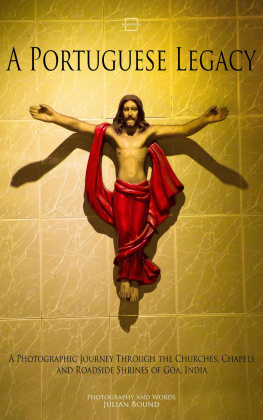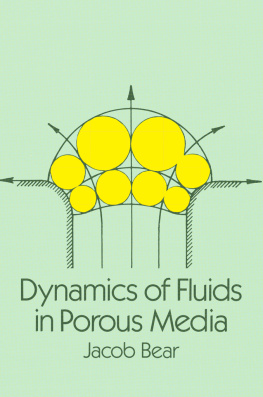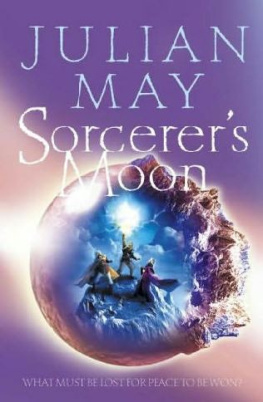2017 The University of North Carolina Press
All rights reserved
Set in Charis and Lato by Westchester Publishing Services
Manufactured in the United States of America
The University of North Carolina Press has been a member of the Green Press Initiative since 2003.
Library of Congress Cataloging-in-Publication Data
Names: Lim, Julian, author.
Title: Porous borders : multiracial migrations and the law in the U.S.-Mexico borderlands / Julian Lim.
Other titles: David J. Weber series in the new borderlands history.
Description: Chapel Hill : University of North Carolina Press, [2017] | Series: The David J. Weber series in the new borderlands history | Includes bibliographical references and index.
Identifiers: LCCN 2017019371 | ISBN 9781469635491 (cloth : alk. paper) | ISBN 9781469635507 (ebook)
Subjects: LCSH : ImmigrantsUnited States. | ImmigrantsMexico. | Emigration and immigration lawUnited States. | Emigration and immigration lawMexico. | Racially mixed peopleUnited States. | Racially mixed peopleMexico.
Classification: LCC E 184. A 1 L 54 2017 | DDC 305.9/06912073dc23
LC record available at https://lccn.loc.gov/2017019371
Jacket illustration: Mexicans being searched in El Paso, ca. 1915 (courtesy of the Library of Congress Prints and Photographs Division, LC-DIG -ggbain-21246).
Portions of chapter 4 were previously published in Immigration, Asylum, and Citizenship: A More Holistic Approach, California Law Review 101, no. 4 (2013): 101377. Used here with permission.
Acknowledgments
My journey while writing this book has been long and circuitous, but I have been fortunate to meet and work with extraordinarily generous and smart people along the way. Words cannot fully express how much I appreciate the help, advice, and friendship that I have received over the years, but hopefully this will be a good start. And, in time, I hope to return some of the generosity and kindness.
I am extremely grateful, first of all, to have been trained as a historian by Mara Cristina Garca and Derek Chang. Without their guidance on matters of immigration and comparative race studies, I would not be where I am today. They are incredible mentors, embodying for me an inspiring combination of intellectual rigor, academic passion, and commitment to students. In addition, they are wonderful people, and their humor, support, kindness, and trust helped to get me through the more challenging moments. Raymond Craib and Michael Jones-Correa also provided essential guidance, criticism, and encouragement from the moment I knocked on their doors as a first-year graduate student. I hope the pages of this book positively reflect the deep influence all four of these teachers have long had on me. Needless to say, any errors or misinterpretations that remain are my own.
This book would have been impossible without the support of the knowledgeable and ever-patient archivists and staff at several libraries and archives around the United States and Mexico. In particular, I would like to thank Christian Kelleher for his help when he was still archivist at the Nettie Lee Benson Latin American Collection at the University of Texas, Austin; Tony Black and Laura Saegert at the Texas State Archives; Laura Hollingsed and Claudia A. Rivers at the C. L. Sonnichsen Special Collections Department at the University of Texas, El Paso; and the archivists and staff at the El Paso County Historical Society and the El Paso Public Library. The passion for local history in El Paso runs deep, and I owe a great thanks to Anna Fahy, Fred Morales, and Carmen Stearns for sharing their stories of the region with me, providing an invaluable glimpse into how local El Pasoans experience the border and the two cities straddling it. I also owe thanks to the myriad staff and archivists who made my research possible at the Archivo General de la Nacin and the Secretara de Relaciones Exteriores, Archivo Histrico Genaro Estrada in Mexico City, Mexico; the Bancroft Library at the University of California at Berkeley; the Huntington Library in San Marino, California; the Library of Congress in Washington, D.C.; the National Archives in San Francisco, Washington, D.C., and College Park; and the libraries at Cornell University, Washington University in St. Louis, and Arizona State University, Tempe. Clay Javier Boggs, Ann Gillespie, and Adrian Morales provided me with essential research assistance, retrieving and reviewing documents in El Paso, Mexico City, and Washington, D.C., when I could not be there myself. I also thank Shannon Brosnan-Hernandez, Nicole Corts, Makiba Foster, Rachel Mance, Kathie Molyneaux, and Akele Parnell for all their library and administrative support during my time at Washington University in St. Louis.
I am indebted to numerous institutions and programs that financially supported my research and writing over the past several years: the Department of History, Graduate School, American Studies Program, and Latino Studies Program at Cornell University; the Organization of American Historians (Huggins-Quarles Award and OAH-IEHS John Higham Travel Grant); the Andrew W. Mellon Foundation research fellowship at the Huntington Library; the School of Law and the Department of History at Washington University in St. Louis; the National Endowment for the Humanities Summer Institute for College and University Teachers; and Arizona State University, Tempe.
Over the course of researching and writing this manuscript, I have also become indebted to an extended group of scholars who have generously taken time to assist and encourage me. Early on, Maceo C. Dailey, Madeline Hsu, Evelyn Hu-DeHart, and Julia Schiavone Camacho graciously let me talk to them about my project and my research plans, and provided helpful guidance as I went into the archives. Many others, including several scholars whose works have deeply influenced my own, provided invaluable feedback and kind support, for which I am deeply thankful: Katherine Benton-Cohen, Jason Oliver Chang, Deborah Cohen, Grace Pea Delgado, David Gutirrez, Ryan Hall, Kelly Lytle Hernndez, Karl Jacoby, Benjamin Johnson, Linda Kerber, Erika Lee, Karen Leong, Mary Lui, James Nichols, Andrs Resndez, Robert Chao Romero, Vicki Ruiz, Judy Salyer, George Snchez, Nitasha Sharma, Jeffrey Shepherd, Rachel St. John, Samuel Truett, Judy Wu, and the participants in the 2015 Association for Asian American Studies Junior Faculty Workshop. Legal scholars at Washington University, LatCrit, the University of California, Davis, and the Denver Sturm College of Law provided another vital source of encouragement as well as critique, and I owe great thanks especially to Gabriel Jack Chin, Adrienne Davis, Deborah Dinner, John Inazu, Kevin Johnson, Daniel Kanstroom, Stephen Lee, Stephen Legomsky, Laura Rosenbury, Bertrall Ross, Brian Tamanaha, Karen Tani, Rose Cuison Villazor, and Leti Volpp. I also hold the warmest regards for Andrea Friedman, Iver Bernstein, Peter Kastor, Alexandre Dub, and Sonia Lee for their mentorship as I balanced writing with teaching and going on the tenure-track market.



